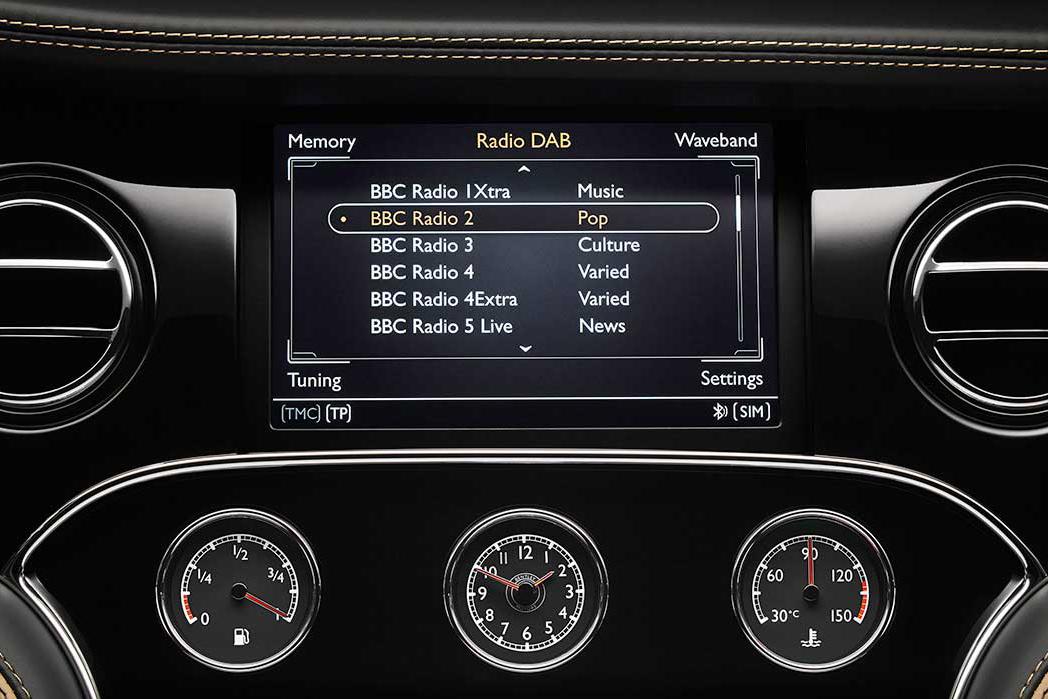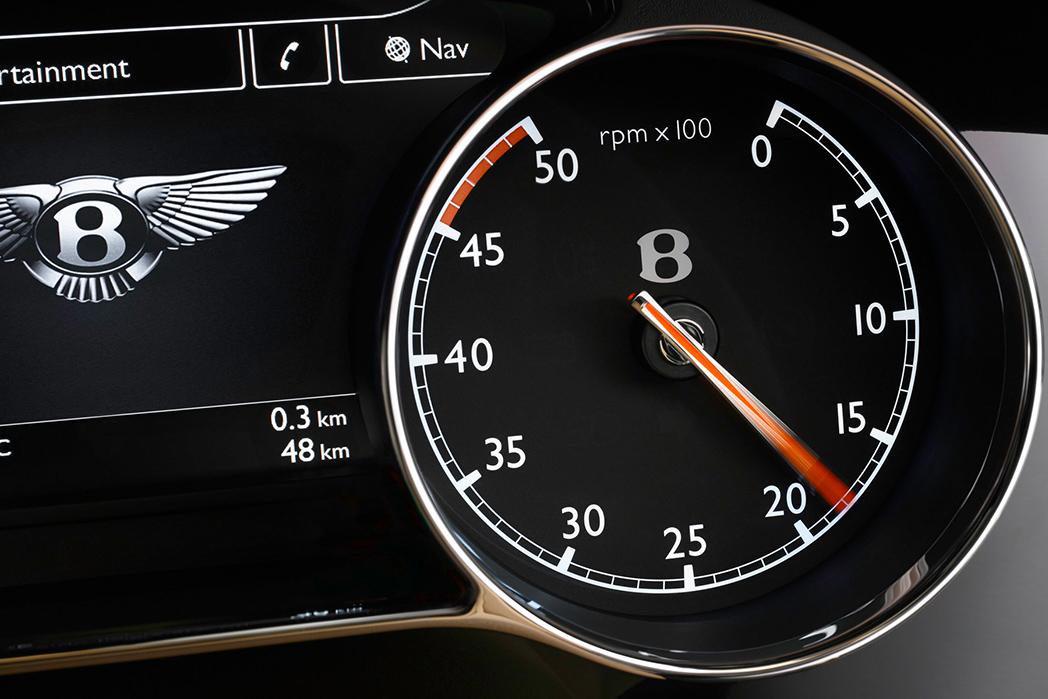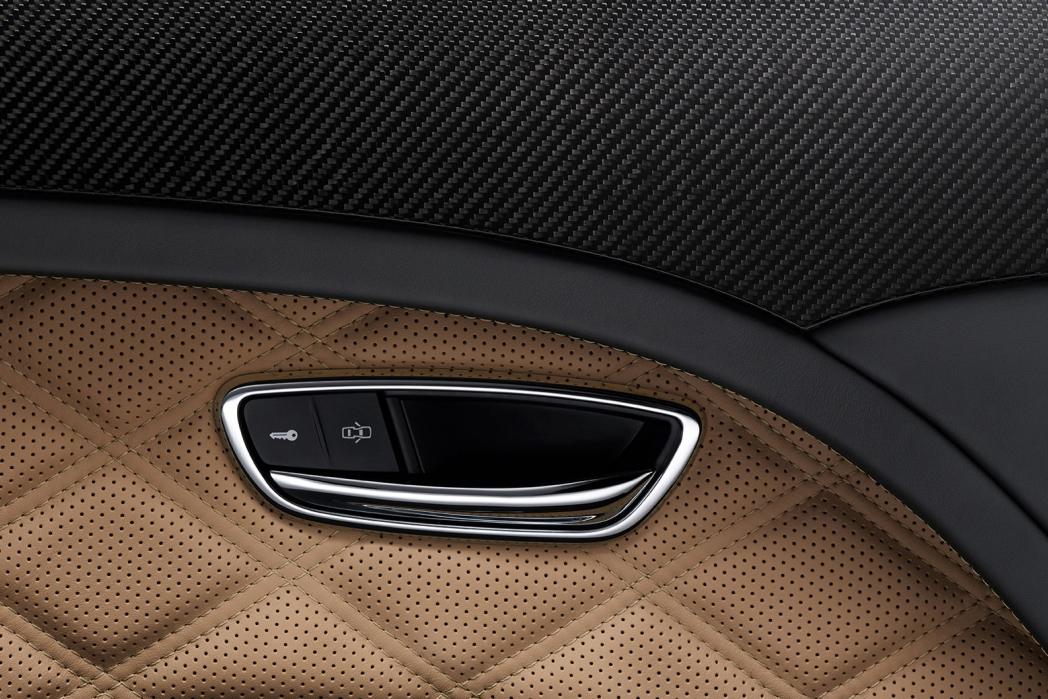Yes, you could buy a house for the price of a Mulsanne Speed, but we would rather have this stunningly crafted and shockingly fun Bentley.
What has 530 horsepower, 811 pound-feet of torque, and tips the scales at 6,000 pounds? As it turns out, it’s not a heavy-duty pickup; it’s perhaps the most singular and spectacular luxury car in the world: Bentley’s Mulsanne Speed.
In fact, after spending a few glorious days in the Texas hill country with the mighty Bentley, I am tempted to say it makes more sense to compare the Mulsanne Speed to a Renaissance masterwork or a royal train than other luxury vehicles. Like any true masterwork, it’s not perfect. In the case of the Mulsanne Speed, the imperfections only add to the car’s character.
Legacy
In the 1920s, Bentley made its name at Le Mans with massive, supercharged racers that Enzo Ferrari called “the world’s fastest trucks.” These cars set the standard for Bentley performance: big-block blown power.
Burying the pedal in the sumptuous wool carpet creates a surge of acceleration that feels like it could last till the end of the world.
Delightfully, the Mulsanne Speed is perfectly in line with what Bentley has always done well: cars that go like trains. Power comes from Bentley’s legendary 6.75-liter V8, which has been in production since 1959. Its age is clearly no barrier to success, as it boasts more torque than any other production engine. That’s right; this three-ton luxury yacht has more torque than any Ferrari, Lamborghini, or McLaren.
The massive power is thanks not just to displacement, but a pair of turbos as well as a host of other impressive technical achievements. The 2016 Mulsanne gets new pistons and combustion chambers, as well as revised timing and camshafts. The Speed version goes into battle with different tuning and engine mapping. In fact, the version in the Mulsanne Speed is so refined that, according to Bentley engineers, it could run on the exhaust gasses of its 1959 forebear.
Steampunk supercar
Driving the Mulsanne Speed is an experience like nothing else. The driver looks out over the vertical dash and old-school, thin steering wheel across a country mile of hood to the transcendent wings of the Flying B emblem.
When it came time to take the Mulsanne Speed through the first real curve on the Texas back roads, the contrast between massive size and how planted it feels was enough to nearly give me a fit of the giggles, at least until I hit the throttle and was launched forward through time.
Burying the pedal in the sumptuous wool carpet creates a surge of acceleration that feels like it could last till the end of the world. It feels entirely unlike other car with similar performance, as if it were a turbine-driven battleship rather than a car. Bentley says that 0 to 60 is achieved in around 4.8 seconds and the Mulsanne Speed will keep going to a top speed of 190 mph.
Fortunately, the Mulsanne Speed boasts carbon brakes that were forged in the fiery furnaces of the apocalypse, and bring the three-ton Bentley to a surprisingly brisk halt.
But the real trick of this car is its dual personality. When cruising on straight Texas highways, the Mulsanne is nearly silent and so mannerly that it can be driven at triple digits with a single fingertip. Activate the twin sport modes — one for the suspension and one for the powertrain — and the car is shockingly good fun to drive.
As Sam Graham, the Mulsanne line director, put it to me, “She can hike her skirts up and run pretty fast.” It’s a great description. Unsurprisingly, in a car that weighs as much as a Chevy Silverado 2500 HD, there is a lot of body roll. Like a tacking sailboat, however, the Mulsanne Speed heels over and just keeps going. What is more, there is no sense of float or disconnection. The steering is amazingly precise, if light, and the suspension manages to telegraph exactly where the car is.
The result is that the driver can be experiencing his or her own 1920s Le Mans fantasy, without disturbing the sleeping duke riding in the back … or, more realistically, the Saudi prince.
Endless luxury
Driving a car like the Audi S8, I didn’t feel as if it were really possible to fit enough luxury goods and materials into a car to justify a car that cost more than three times as much. I was wrong … very wrong. The Bentley Mulsanne Speed’s interior really can’t be compared to any mass-produced car; it’s a work of art.
The Bentley isn’t just a Saturn V rocket hand carved from mahogany and gold; it is a testimony to craftsmanship and the carmaker’s art.
In part this comes down to obvious things. The color schemes and design are both old-school, and downright beautiful. Yet there is more to it than that. Bentley’s designers and craftsmen have prioritized the sensation and feel of luxury above all else.
Bentley only uses leather from bulls — no pregnancy stretch marks here — that have never lived near barbed wire or mosquitos. Its craftsmen also carefully match all interior wood trim from the same tree to ensure a perfect match in color and texture. Nearly all of the exquisitely polished chromed aluminum trim has been milled from solid blocks, rather than being cast or stamped. Things as vulgar and modern as climate controls are carefully hidden beneath calming wood, leather, and wool. That three-ton curb weight is a testament to the utter lack of compromise on luxury.
During our drive in the Mulsanne Speed, we stopped over at a glass-blowing studio for a break. The director of the studio wandered outside to take a look at the cars and stopped as if pole axed. He then commissioned his sculptor to make a blown glass replica of the flying emblem on the spot. What other brand could inspire this sort of reaction?
In fact, the only real flaw in the Mulsanne Speed is the one place where hand craftsmanship doesn’t help: technology. The Mulsanne Speed is saddled with an older and somewhat baffling infotainment system. It has the key features, but in terms of refinement it is lacking. Still, in this car, it frankly doesn’t matter.
Worth it
There are a few ways to think about value and price. On an ordinary car, I ask what I am getting for the money, in terms of capability or versatility. On performance cars, I think about it in comparison to the competition. The Mulsanne Speed doesn’t really offer tangible capabilities above and beyond mass-market luxury yachts like the Mercedes S-Class … and it’s actually slower than an Audi S8. Yet, when it comes to the Bentley, I had to ask myself a different question: What would I pay to have this in my life?
When thought about in that sense, the Bentley Mulsanne Speed isn’t just better than Mercedes and BMW, it is better than the house I might buy for the $330,000 price tag. The Bentley isn’t just a Saturn V rocket hand carved from mahogany and gold; it is a testimony to craftsmanship and the carmaker’s art. Nothing the driver or passengers touch carries the feel of mass-production or compromises. On the contrary, you can feel the pride and a lifetime of practice of the men and women who spend upwards of 400 hours to built each one.
That is why, while Ferraris and Lamborghinis are for playboys and Rolls-Royces for people want to be driven, the Bentley Mulsanne Speed is for the gentleman cad with taste … and a solid gold foot.
Highs
- More torque than a Ferrari F12
- Extremely fun driving dynamics
- Unparalleled luxury and comfort
- People build you things, just for driving it
Lows
- Outdated infotainment










